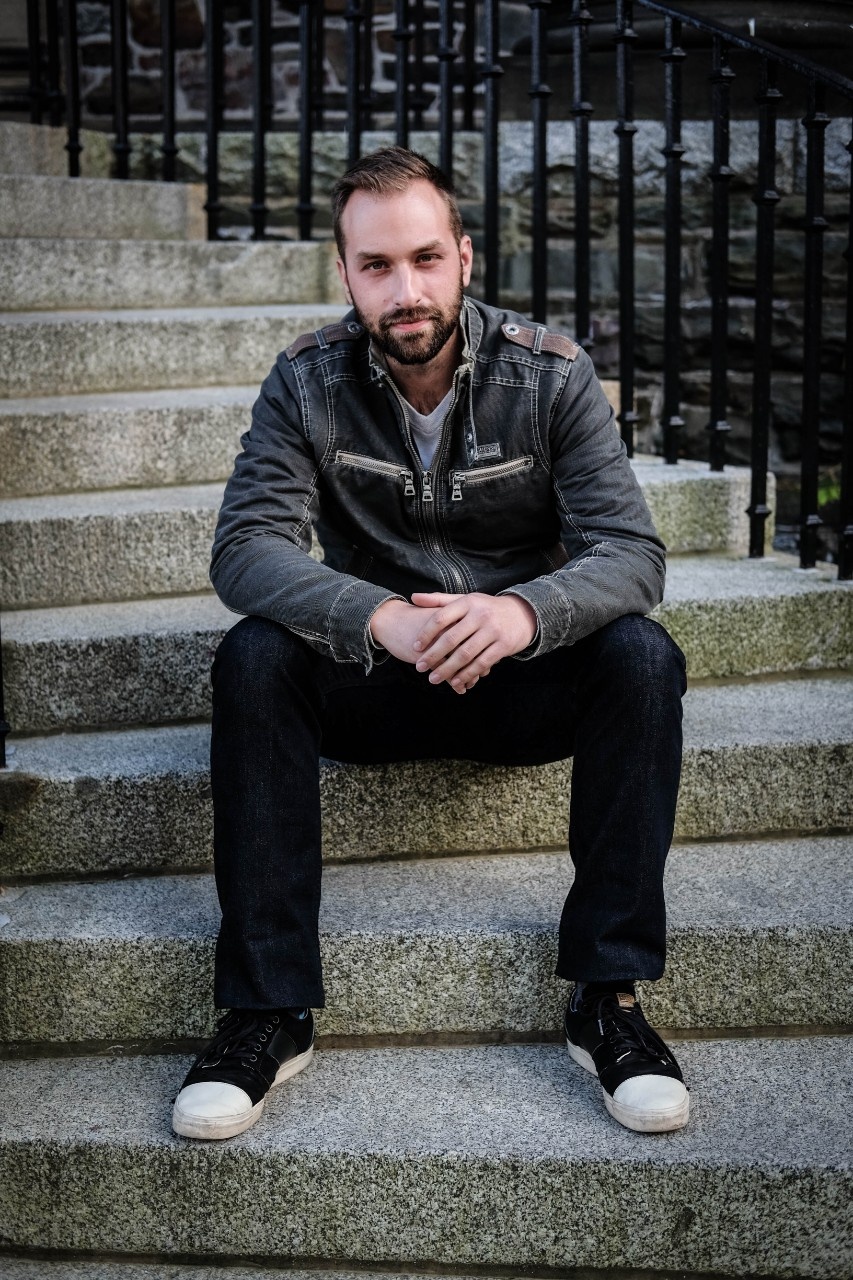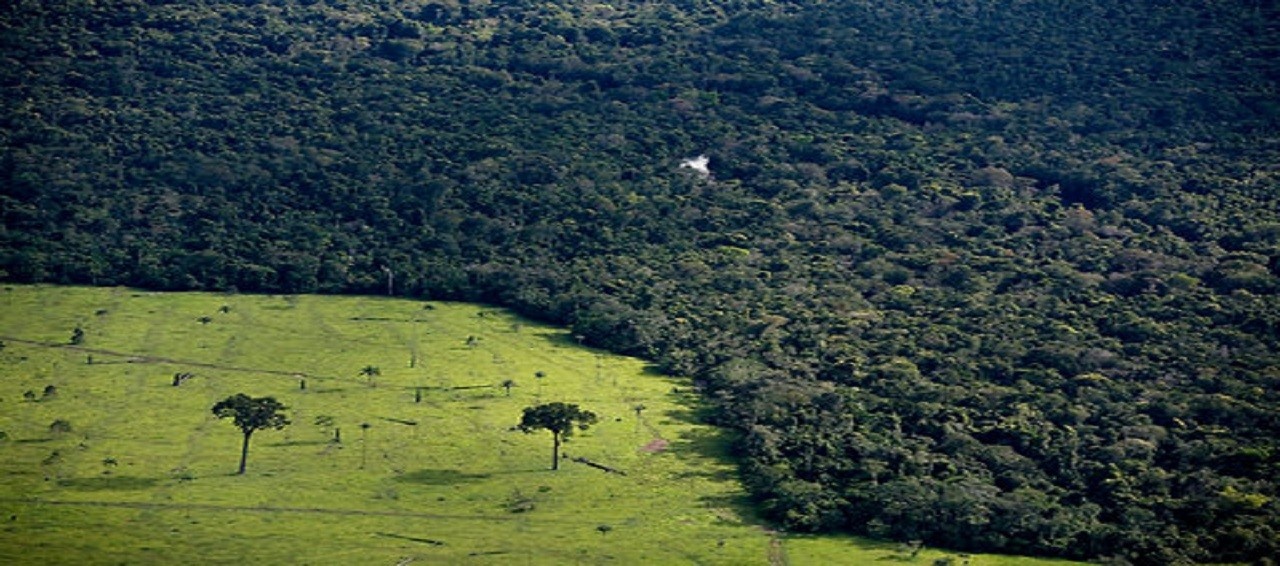Josh Boyter
Josh Boyter (BA 2010, MA 2012)
Communications Officer with the Romeo Dallaire Child Soldiers Initiative (Halifax)

Josh Boyter says he is most passionate about the intersection between media and development. Boyter has carried this interest throughout his studies at Dalhousie University to his current work in communications.
“It’s really understanding how and why we represent issues of development,” says Boyter.
Boyter is originally from Niagara, Ontario, but moved to Halifax, Nova Scotia in 2006 to study International Development Studies and Social Anthropology at Dalhousie University.
I gained a lot of practical experience and skills. I was able to augment a lot of the theory with practical experience.
Boyter says he was initially drawn to the IDS program for the smaller class sizes and the ability to interact with professors.
“You’re actually a face and a name that individuals know,” says Boyter.
During his studies, Boyter took part in many extracurricular activities, such as the Dalhousie Model United Nations society. He was also actively engaged in student media, including the Dalhousie Gazette and radio station CKDU.
“I gained a lot of practical experience and skills,” says Boyter. “I was able to augment a lot of the theory with practical experience.”
Boyter’s biggest takeaways from his studies in IDS: question processes, understand that there is always a pathway forward, recognize how to operate within the ambiguity of development and be as collaborative as possible.
Through innovative ideas, through innovate thinking, through an interdisciplinary approach, we can really look at ideas and issues through novel means. And be able to tackle some of the biggest pressing issues that our world faces today.
“Through innovative ideas, through innovate thinking, through an interdisciplinary approach, we can really look at ideas and issues through novel means,” says Boyter. “And be able to tackle some of the biggest pressing issues that our world faces today.”
Boyter advises current and future IDS students to learn a practical skill and apply it to something they are passionate about.
“I can not stress that enough,” says Boyter. “It allows you to be able to give the organization something that’s tangible, something that’s practical that is often needed.”
In 2010, Boyter received a Bachelor of Arts (Honours) in International Development Studies and Social Anthropology. Boyter also obtained a Masters of Arts in International Development Studies in 2012 from Dalhousie.
For the last five years, Boyter has worked as the director of communications for the Roméo Dallaire Child Soldiers Initiative . Based in Halifax, the mission of the organization is to effectively end the use of child soldiers through a security sector approach.
As the director of communications, Boyter oversees all of the external and internal communications that the initiative undertakes, such as advocacy at the United Nations, press releases and media pitching.
“Everyday is a little bit different,” says Boyter. “It’s definitely never the same.”
Many of these ideas start on a white board or through conversation. Finally seeing it in the field, being used for good is incredibly rewarding.
In November 2017, Boyter and the Roméo Dallaire Child Soldiers Initiative participated in the launch of the Vancouver Principles. Drafted by the Government of Canada, the Vancouver Principles are a set of guidelines on how peacekeepers can best address the issue of child soldiers. A total of 63 countries endorse the Vancouver Principles.
For Boyter, the most fulfilling part of his job is “the ability to have an impact on a particular issue.”
“Many of these ideas start on a white board or through conversation,” says Boyter. “Finally seeing it in the field, being used for good is incredibly rewarding.”
Boyter says his background in IDS does relate to his current work at the Roméo Dallaire Child Soldiers Initiative.
Boyter says his studies in IDS gave him the opportunity to have a thorough understanding of not only child soldiers, but also the factors that amplify the issue.
“Lack of access to education, environmental impact and health are all theories and ideas that I learned about through my IDS degree and I apply it everyday,” says Boyter.
“I wouldn’t be in the position if I didn’t have an IDS degree.”
I wouldn’t be in the position if I didn’t have an IDS degree
